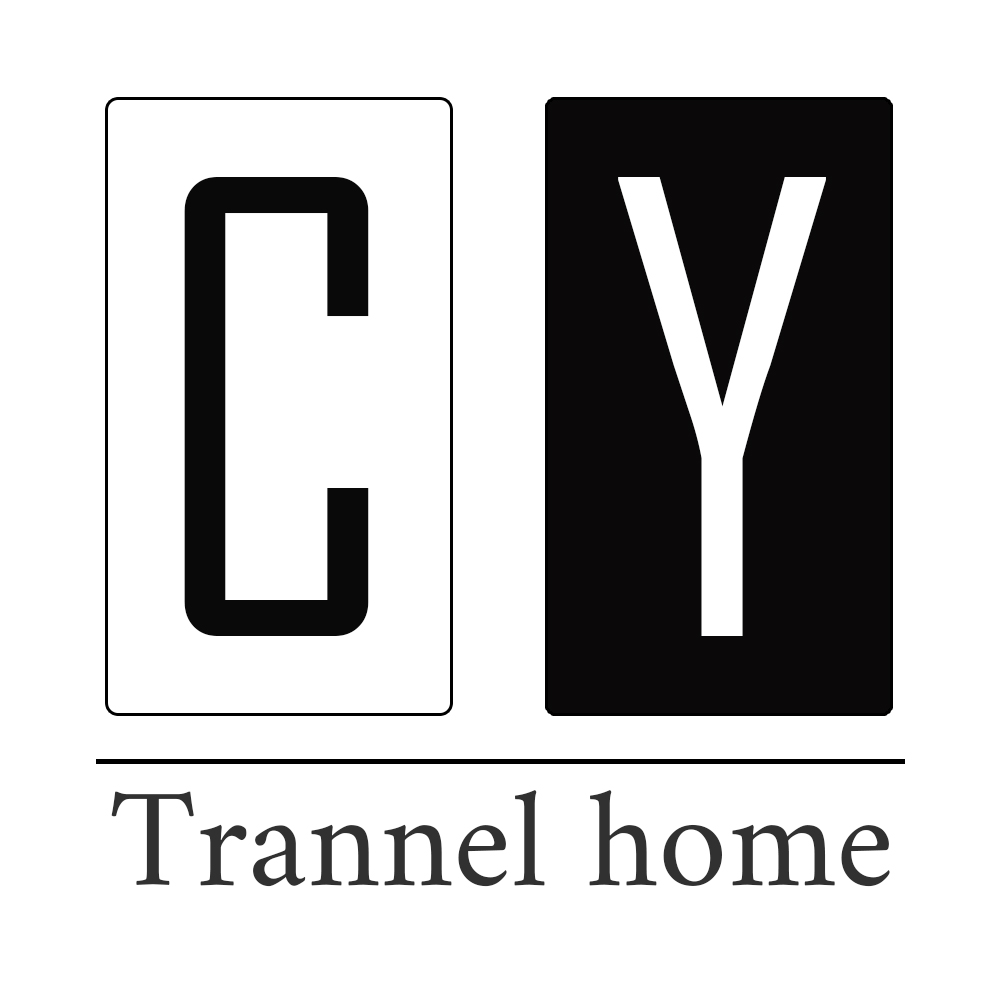China has long been a dominant player in the global furniture market, particularly known for its ability to produce high-quality, cost-effective products. Among the diverse range of furniture exported, faux shearling upholstered dining chairs have gained notable popularity. These chairs, characterized by their stylish design and comfortable faux shearling upholstery, have found favor with consumers worldwide. This blog explores the current state of China’s export market for these chairs and delves into the potential challenges the industry might face in the future.
Current State of China’s Faux Shearling Upholstered Dining Chair Exports
China’s furniture industry benefits from several competitive advantages, including a well-established supply chain, skilled labor, and advanced manufacturing technologies. Faux shearling upholstered dining chairs are a testament to the industry’s capability to blend traditional craftsmanship with modern materials. These chairs are not only aesthetically pleasing but also cater to the rising demand for affordable luxury.
The global demand for faux shearling upholstered dining chairs has surged, driven by trends in interior design that emphasize comfort and elegance. Markets in North America, Europe, and Asia have been particularly receptive. Chinese manufacturers have capitalized on this trend by offering a wide variety of designs, customization options, and competitive pricing. As a result, China’s export volume of these chairs has seen substantial growth.
Challenges Facing the Industry
Despite the current success, the future of China’s faux shearling upholstered dining chair exports is not without challenges. The industry must navigate several potential hurdles to sustain and enhance its global market position.
- Increasing Production Costs: Rising labor costs and raw material prices in China are putting pressure on manufacturers. While automation and improved efficiency can mitigate some of these costs, the industry must continuously innovate to maintain its cost advantage.
- Environmental Regulations: As global awareness of environmental issues grows, so does the demand for sustainable and eco-friendly products. Chinese manufacturers will need to adopt greener practices and materials, which could increase production costs and require significant investment in new technologies.
- Trade Policies and Tariffs: Trade tensions and changing policies, especially with major markets like the United States, pose a risk to export stability. Manufacturers must stay agile and potentially explore new markets to diversify their customer base.
- Quality and Brand Perception: While Chinese furniture is known for its affordability, there are lingering perceptions about quality and durability. To compete with premium brands from other countries, Chinese manufacturers need to focus on improving quality and building strong, reputable brands.
- Supply Chain Disruptions: The COVID-19 pandemic highlighted vulnerabilities in global supply chains. Future disruptions, whether due to pandemics, geopolitical issues, or natural disasters, could impact the timely delivery and cost-effectiveness of exports.
Strategies for Future Success
To address these challenges and secure a prosperous future, Chinese manufacturers of faux shearling upholstered dining chairs should consider the following strategies:
- Investment in Technology: Embracing advanced manufacturing technologies and automation can help reduce production costs and improve efficiency.
- Sustainable Practices: Developing eco-friendly products and processes will not only meet regulatory requirements but also appeal to environmentally conscious consumers.
- Market Diversification: Expanding into emerging markets and reducing dependency on any single market can help mitigate the risks associated with trade policies and economic fluctuations.
- Brand Building: Enhancing the perception of Chinese furniture through quality improvements and effective marketing can attract a more discerning customer base.
- Robust Supply Chains: Strengthening supply chains to withstand disruptions through better planning and diversification of suppliers will ensure more reliable operations.
Conclusion
China’s export market for faux shearling upholstered dining chairs is robust, but it faces significant challenges that require strategic responses. By focusing on innovation, sustainability, market diversification, brand building, and supply chain resilience, Chinese manufacturers can not only overcome these challenges but also secure a leading position in the global furniture market for years to come.



